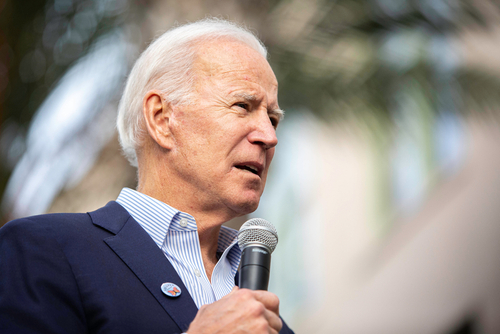Listen To Story Above
A dramatic rift has emerged within Reform UK as allegations of violent threats have led to the suspension of MP Rupert Lowe and a police referral, following his criticism of the party’s leadership structure and its leader Nigel Farage.
The situation intensified after Reform UK, currently leading in British polls, removed the whip from Lowe, who represents Greater Yarmouth. According to The Times of London, the party received reports alleging physical threats against chairman Zia Yusuf, harassment of female staff members who voiced concerns, and discriminatory comments about women, including references to a perceived disability.
The Metropolitan Police in London confirmed they were notified of the allegations on Thursday, relating to incidents reportedly occurring on December 13th. The force indicated they are evaluating the claims to determine necessary actions.
Lowe has challenged the timing of these accusations, suggesting they emerged as retaliation for his recent critique of Reform’s organization and his characterization of Farage as a “messianic” figure leading what he described as a “protest” party rather than the frontrunner it has become.
Zia Yusuf was so traumatised by Rupert Lowe allegedly raising his voice to him that it took him 83 days to report it to police. This was a deliberate stitch up. pic.twitter.com/j04FtyCW31
— Lord Talbot (@Lord_Talbot64) March 8, 2025
“This complaint obviously went in just after I asked reasonable questions of Reform’s leadership. A malicious attempt to drag my name through the mud,” Lowe wrote on social media. He has denied all allegations.
“Let me be abundantly clear — this investigation is based on zero credible evidence against me, as has been repeatedly stated by the neutral investigator. None has been provided,” Lowe said.
Reform’s Chief Whip Lee Anderson explained the suspension, stating that Lowe’s “unwillingness to cooperate in an investigation into his behaviour has meant the Parliamentary party cannot function effectively whilst Rupert is a Reform UK MP.”
“There is far too much at stake and by not taking decisive action we would risk losing everything we have built up,” Anderson continued. “I bare no malice towards Rupert and to remove the whip was a deeply painful thing to do, but delivering for our country must come first and no man is bigger than our party.”
The conflict between Lowe and Farage had been brewing for months, with Lowe receiving implicit support from X CEO Elon Musk, who questioned Farage’s leadership capabilities.
Farage defended his party against Lowe’s criticisms, stating: “We are not a protest party in any way at all. That is utterly, completely wrong. We are an entirely positive party. Come to any Reform event and the positivity, the energy — perhaps he should come to one or two.”
If you can't speak our language, how can you be of any economic benefit to our country?
No English, no visa – granted, extended or renewed. pic.twitter.com/B2SIGX51RQ
— Rupert Lowe MP (@RupertLowe10) March 5, 2025
“We’ve got a lot of development to do, but we’re absolutely not a protest party,” Farage insisted.
When questioned about Lowe’s public criticism, Farage suggested personal ambition might be behind it, remarking “perhaps he wants to be prime minister… most people in politics do.” In response, Lowe extended an olive branch, inviting Farage to “have dinner and resolve this in a manner that our members and the country would expect.”
This internal turmoil coincides with Reform’s ascendancy in national polls, where they’ve surpassed both the Conservative Party and Sir Keir Starmer’s Labour Party.






